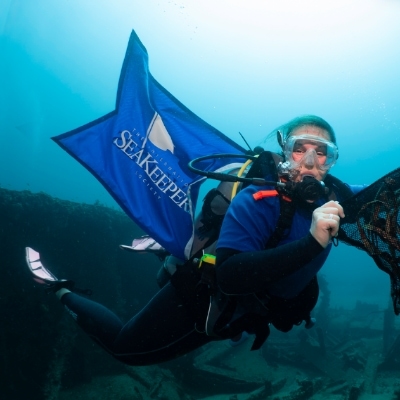UK Humpback Sighting Surveys
Project Overview:
This undergraduate research project aims to explore the increasing seasonal presence of humpback whales in UK and Irish waters, a rare yet fascinating phenomenon. The project will investigate factors such as climate change, prey abundance, and whale behaviour that may be driving this shift in distribution. By leveraging citizen science, the project invites local communities, wildlife enthusiasts, and organisations to contribute their sightings and observations. This collective data will help build a comprehensive understanding of humpback whale populations and their behaviour along the UK and Irish coastlines.
Program Partners
- The University of Exeter
Location
- United Kingdom and Ireland
Expected Time Frame
- Ongoing - January 1st, 2025
Citizen Science activity parameters listed above are flexible and negotiable.
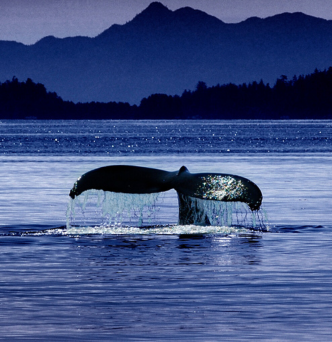
Background:
Humpback whales are known for their long migrations between tropical breeding grounds and colder feeding areas, including UK and Irish waters. While their populations have recovered globally due to international protection measures, little is known about the specific populations and behaviours of humpbacks in the UK and Ireland. Recently, sightings have increased along the UK’s west coast and northern waters, sparking interest in whether these whales are part of a growing local population or just passing through. However, consistent long-term data is lacking. This project seeks to address this gap by using citizen science to compile and analyse sightings, providing crucial insights into the whales’ distribution, feeding habitats, and migratory patterns. By involving local communities, the project aims to contribute to marine conservation efforts and inform future research and policy decisions to protect these marine mammals.
Applications:
The mission of this project is to compile and analyse existing citizen-reported sightings of humpback whales in UK and Irish waters, piecing together data to create a clearer understanding of their population distribution, behaviour, and seasonal movements. By encouraging public participation, the project aims to gather crucial scientific data and raise awareness about the importance of marine ecosystems and the conservation of humpback whales. Researchers from the University of Exeter aim to use generalised sighting data to estimate the number and demographic structure of humpbacks visiting UK and Irish waters. They aim to map humpbacks’ seasonal and geographical distribution to identify key trends, such as significant feeding/breeding grounds, migrations, and long-term changes in localised occurrence.
How to Participate:
Using generalised sighting data to estimate the number and demographic structure of humpbacks visiting UK and Irish waters, researchers aim to map humpbacks’ seasonal and geographical distribution to identify key trends, such as significant feeding/breeding grounds, migrations, and long-term changes in localised occurrences. To participate, contact SeaKeepers’ UK team by emailing Director of International Relations, Gill Rodrigues, at gill@seakeepers.org. Participants will receive a survey link to log humpback sightings in UK and Irish waters, which will be shared with the partnered scientists from the University of Exeter.
Get Involved
If you’re interested in learning more about this specific program opportunity, please reach out to our team below to find out more about this program or get involved in other opportunities with SeaKeepers.
Explore More Opportunities
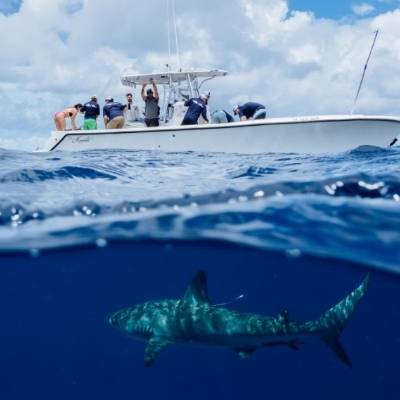
At-Sea Opportunities
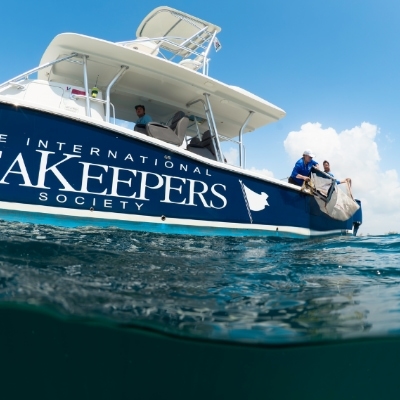
Citizen Science Opportunities
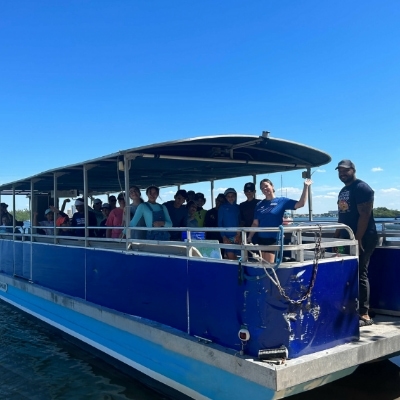
Education Opportunities
